
Published:
Readtime: 14 min
Every product is carefully selected by our editors and experts. If you buy from a link, we may earn a commission. Learn more. For more information on how we test products, click here.
If you fancy yourself the next Joe Rogan or Osher Gunsberg, we don’t blame you. It seems like everyone on earth, no matter how interesting, has their own podcast nowadays. But not everyone knows how to turn it into a real job. It all comes down to how you kick things off. If you’ve been wondering how to start a podcast, we’ve got it all laid out, plans and all. Here’s our beginner’s guide to starting your own podcast.
You’ll also like:
How to Buy Stocks: A Guide to Investing for Beginners
A Beginner’s Guide to Meditation
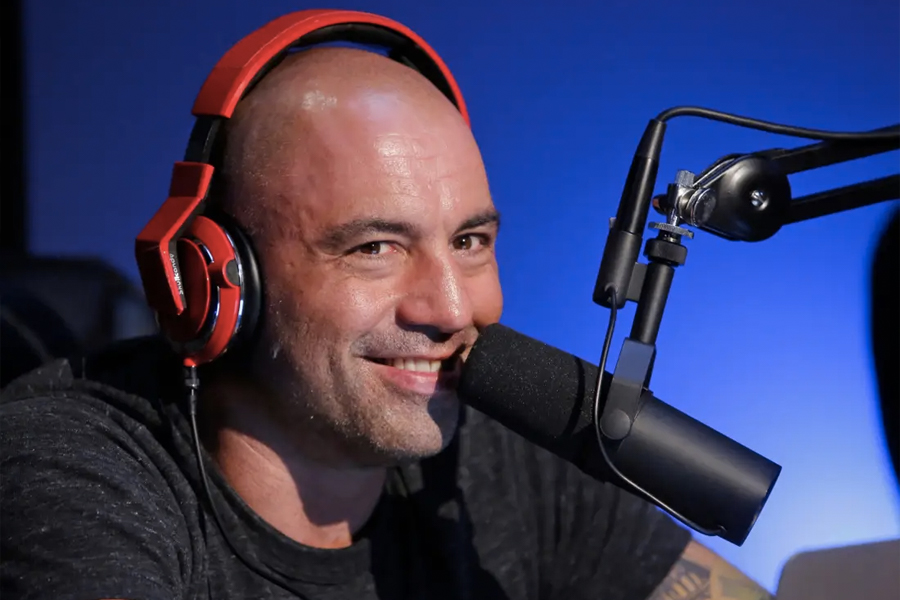
How to Start a Podcast
When it comes to starting a podcast, the process may seem complicated, but boiling it down to a few key points can help you make sense of the operation. To start a podcast, you need to;
- Come up with a concept – Topic, name, format and target audience
- Create branding – Description, artwork
- Record and edit your audio files
- Host them through a podcast server
- Syndicate these audio files into your website RSS feed to enable them to downloaded or embedded
While this is an overly simplified version of events, we’re going to delve deeper into the full list of considerations to make you are looking to start a podcast.
How Podcasting Works
From a basic perspective, podcasting works in two ways.
- Streaming – In this situation, listeners can stream or download your podcast from the RSS feed, either in a feed reader like Feedly or on the blog/podcast website where the podcast is hosted or embedded.
- Through a player – This form of podcasting sees you integrate a podcast player, generally through a thrid-party host like Acast. Listeners can then play the episodes through their devices in succession, with artwork and notes displayed on-screen.
Why Start a Podcast
There’s no doubt the number of podcasts in existence has rapidly increased over the past decade. Whatever you are into, chances are there is a podcast out there that covers it in-depth. So, why would someone new to the scene want to step into podcasting? Put simply, creating a podcast allows you to reach a brand new audience. These are people who might otherwise never find or consume your long-form content because they prefer the audio format.
In Australia, the format is allowing marketers and prospective content creators to reach new heights. “Podcasting is booming all over the world, but in Australia, more people are creating and listening to podcasts than ever before,” Adam Rollo, content manager for podcast platform Acast says. “At Acast, we’ve had six record months of consecutive growth in our listening figures and we’re not seeing it slow down any time soon. And with increasing audience numbers comes increasing ad revenue from some of the biggest brands in the country, which means more money going back into the hands of podcasters to keep the ecosystem thriving.”
The best part is that you don’t need to be a professional content creator to become a successful podcaster. In fact, starting a podcast is one of the more simple content formats to kick off with, and can prove to be highly effective for growth.
“The beauty of podcasting is that it allows anyone with an idea and the means to record to produce audio content and begin building a community of like-minded people,” Rollo explains. “The majority of podcasts from the independent sector are still side projects and are in no way diminished for that. However my most commonly given piece advice would be the same for hobbyists as it would be to full timers – know who you’re trying to reach, have a clear idea of what sort of podcast you are and overall be consistent!”
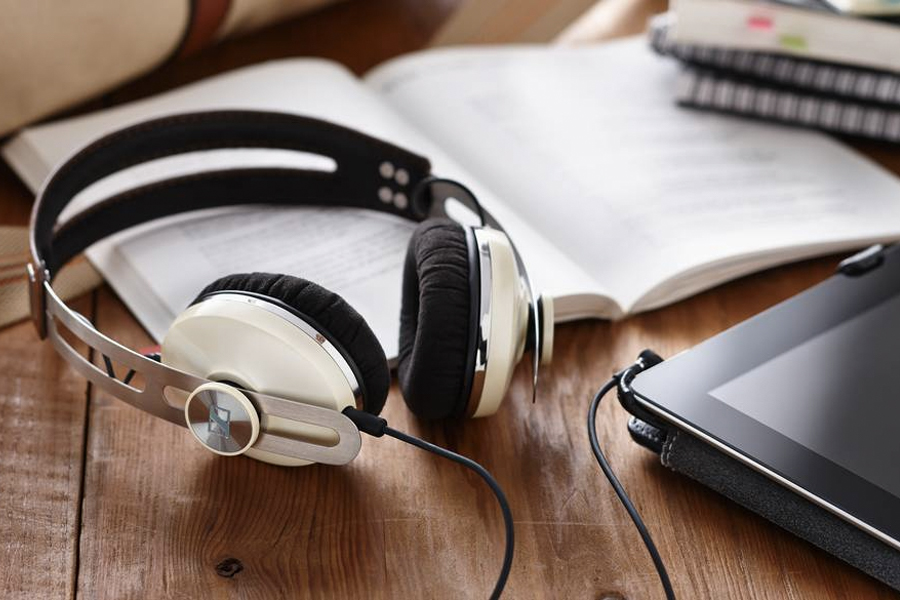
Is Podcasting Worth it?
As far as podcasting as a platform goes, it must be noted that worth is measured in your podcast’s ability to help you achieve your goal. If your overall goal is to become famous, it might not be the platform for you, however, if you are a business owner who wants to drive traffic back to your website, this form of content production could prove invaluable. Each podcast directory allows you to link back to your website, and since it’s your podcast, you can direct listeners to your website at the end of each show.
“To listen to a podcast is to actively engage with it – you’ve either looked for a specific show or episode or found a show and have decided to press play and immerse yourself in its story,” Rollo explains. “Compared to other mediums which you might consume passively in the background or while 2nd screening, podcasting demands attention and when people find shows they like we’ve found time and time again that they become passionate supporters and the biggest advocates for that show. As a podcast host, you have your audience’s undivided attention… and that’s a real privilege.”
Rollo is right in his thinking. Each year, the audience for podcasting swells significantly, both in Australia and abroad. With big names such as Spotify getting into the mix, it’s not hard to see why this industry is getting some much-needed attention.
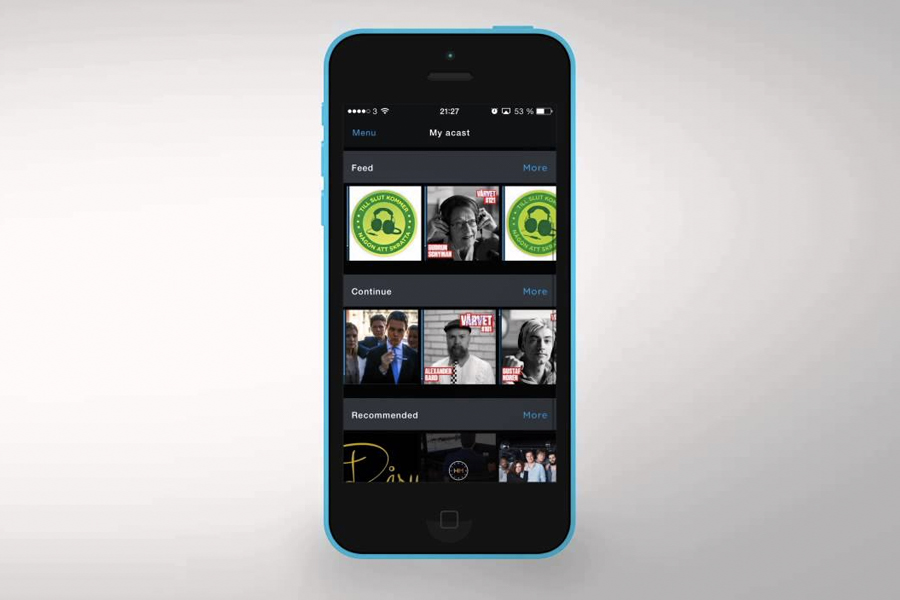
Getting Started
Learning how to start a podcast is perhaps the most challenging aspect of getting your foot in the door. The basic process of podcasting might seem straight-forward, but it always pays to plan ahead.
“You wouldn’t build a house without laying some foundations, so don’t start a podcast without putting some thought into it first,” Rollo says. “The first step is to understand what sort of podcast you want to create and what sort of person you want to reach with it. Write a single line summary of your future show, and use this as your guiding compass for each episode. Once you know who you are and who you’re targeting, then start to consider the format of each episode, the show artwork and choosing a release schedule that you can commit to fully.”
Further to that, there are other considerations to take into account if you want to learn how to start a podcast. Namely, if you are passionate or knowledgable on the subject. If you don’t know what you are talking about, you will get found out quickly. This also helps in ensuring there is enough content to discuss. Look at other podcasts that follow a similar theme to yours and see what they focus on. It’s never a bad thing to look at your competition, it can help you to stay proactive with your content schedule.
Next, think about your style of podcast. Will it be narrative storytelling? Will you feature and interview guests? Maybe you will have an extra host? There’s no right or wrong way to go about it, but this isn’t something you can do in the fly. You must ensure you have your format, style and content figured out well before you attempt to record your first podcast.
Cover Art
This is a surprisingly important part of starting a podcast. Your cover art must tell listeners what they are about to hear and a little about you, all whilst capturing their attention. It’s not an easy thing to do, so it pays to consult a professional. Look at the top-performing podcasts in your theme. What do you like about your competitor’s cover art? What could be improved?
Podcast Name
Another simple but highly important element of starting a podcast is the name. Ideally, you want readers to know exactly what they are getting without ever having to listen to the podcast. Having a very descriptive name can be helpful, but try to ensure you don’t drill down to specifics. Additionally, adding a ‘hook’ or short description along with the podcast name can help people to make sense of your theme and format.
Description
Further to the last point, the description is where a lot of your traffic will stem from. Not just because it makes you sound cool, but also because it is critical to your search engine optimisation (SEO). Be sure to include as many relevant keywords as possible. This is going to help with your SEO ranking. As podcast platforms are essentially dedicated podcast search engines, having a well-optimised description can make it far easier for potential listeners to find you.
What Equipment Do You Need to Start a Podcast?
Nowadays, audio and recording equipment is getting better and better. Where once you needed a full studio set-up to record a podcast, you can get away with a good set of headphones, some free software and an iPhone microphone.
“The honest answer here is that, while you can spend a fortune on vintage mics, fancy preamps and sound-proofing your space, all you really need is one microphone per guest, a space to record and a laptop with audio recording/editing software (there are some great free options available) and a hosting platform to take care of the many distribution options,” Rollo says.
Microphone
It is possible to record a full podcast episode with just your phone, but in terms of audio quality, it will probably be lacking. Here are some great microphone options for people who want to take their podcast to the next level.
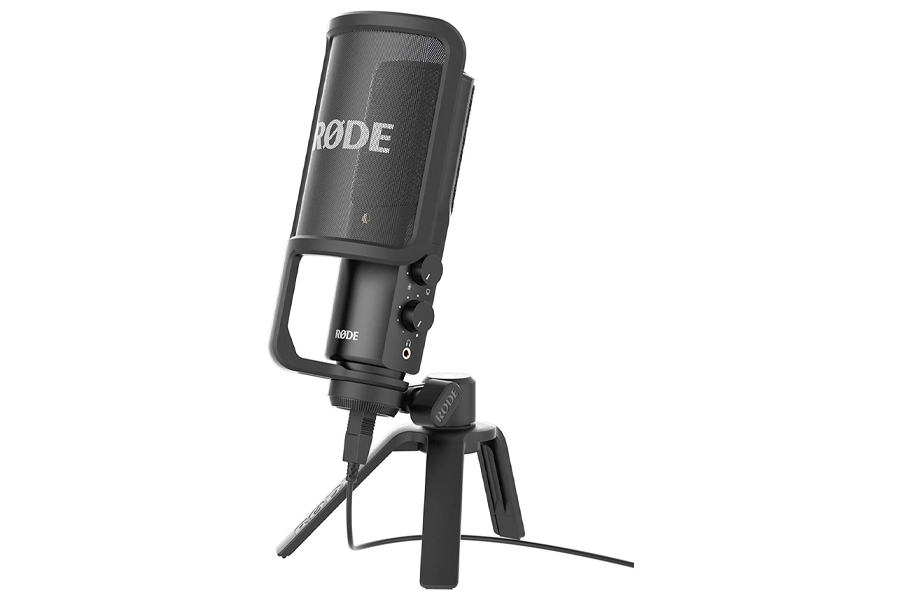
RODE NT-USB Condensor Microphone
This high-quality studio-grade condenser microphone comes with a pop-filter to hide those harsh plosives. It also features USB connectivity and direct mix control between mic input and sound output.
Buy it here (AUS) Buy it here (US)
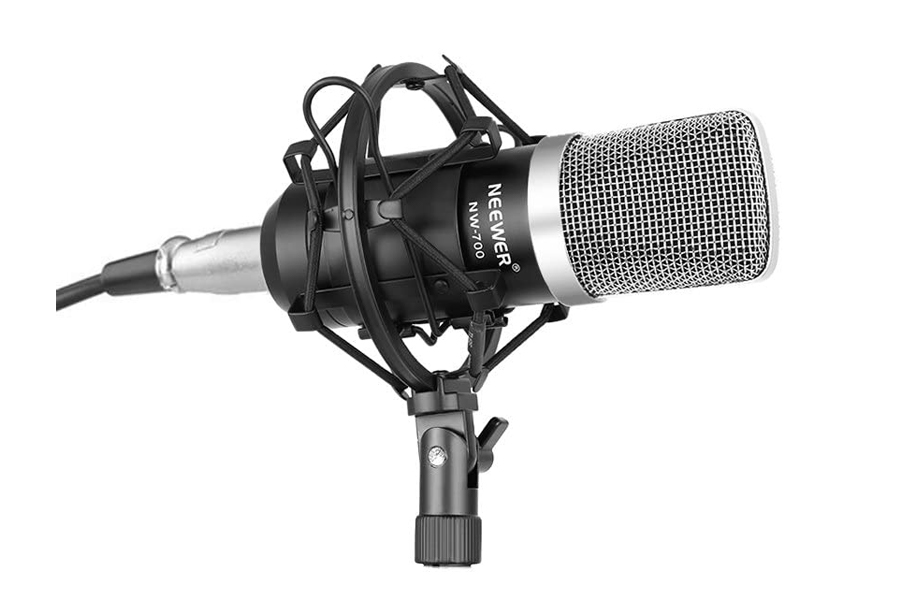
Neewer NW-700
This podcast set includes a condenser microphone, adjustable stand, mounting clamp, pop filter and shock mount.
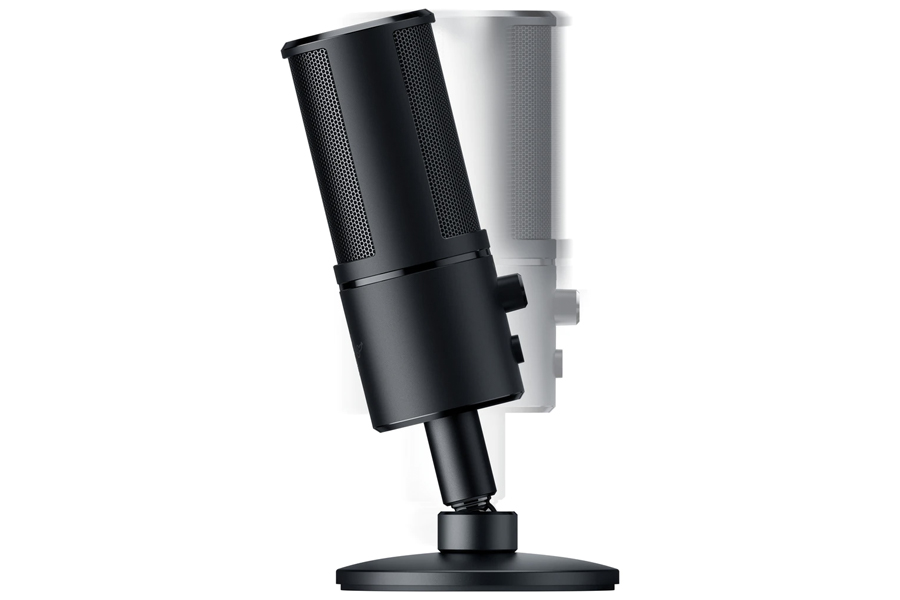
Razer Seiren X
While originally a gaming microphone, this condenser is actually a great addition to any podcaster’s arsenal. Simple to set up and with great sound, the Seiren X is a worthy purchase.
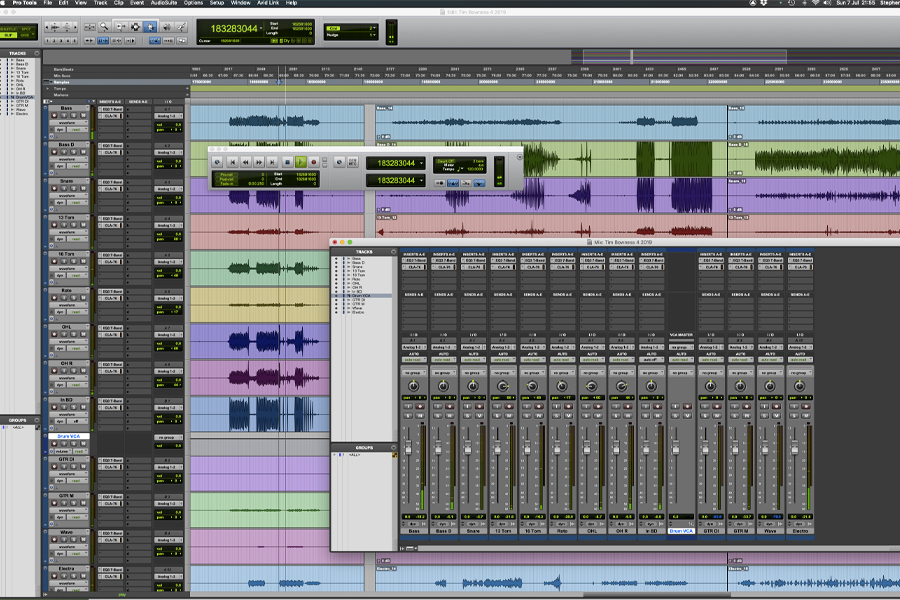
Editing Software
While editing software can be expensive, there are other options on the market. Here are the recommended audio recording programs to use;
- Pro Tools – The industry standard for recording music and podcasts, this software will require some lessons and an input box.
- Cubase – Similar to Pro Tools, but a little easier to get your head around.
- Audacity – A super-simple and free alternative for those looking to update the recording knowledge without breaking the bank.
Call Recording Software
If you plan on conducting interviews for your podcast, you might want to look at call recording software. Google Meets, Skype and Zoom will do well, but there are other specialised options on the market too. These include:
- Zencastr – Allows you to record remote interviews by sending a link and receiving a track for each guest.
- Ecamm Call Recorder – Record Skype calls on your Mac.
- UberConference – Free conference call software that allows participants to join the call via desktop or phone.
- Callnote – Record Skype, Google Hangouts, Viber, FaceTime, Facebook, GoToMeeting and WebEx conversations.
Headphones
There is a big difference between studio headphones and a cheap pair of buds. If you want to start a podcast, we suggest taking a look at these studio headphones.
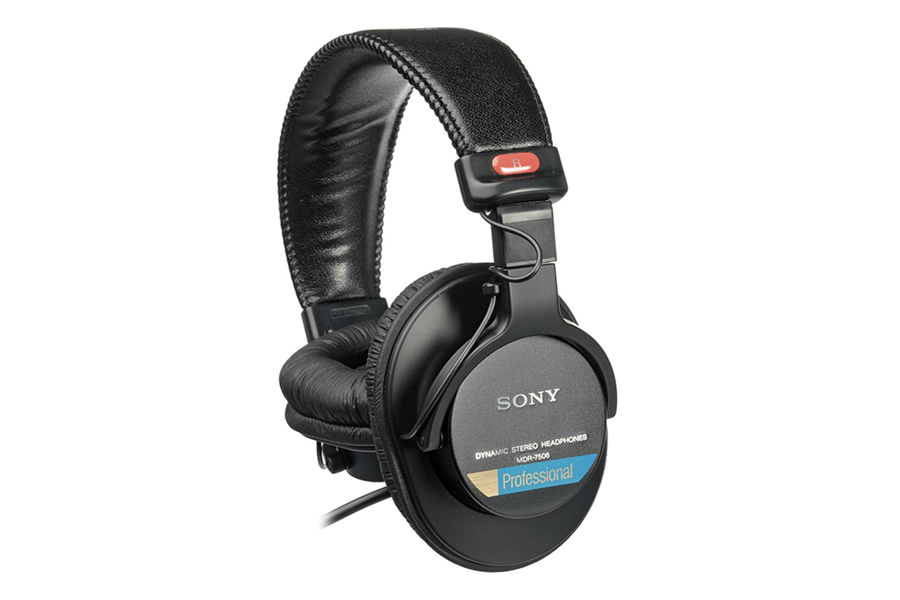
Sony MDR-7506
The MDR-7506 professional headphones come complete with protective carry pouch and gold-plated UnimatchTM 3.5mm/6.3mm adaptor.
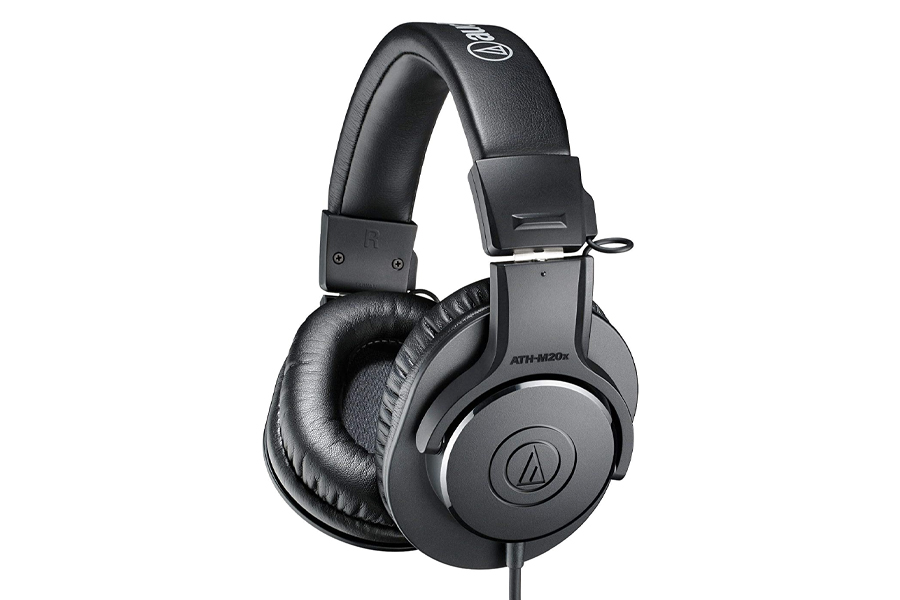
Audio-Technica ATH-M20x
These studio headphones are affordable and high-quality, offering a great entry point for those looking to start a podcast for the first time.
Buy it here (AUS) Buy it here (US)
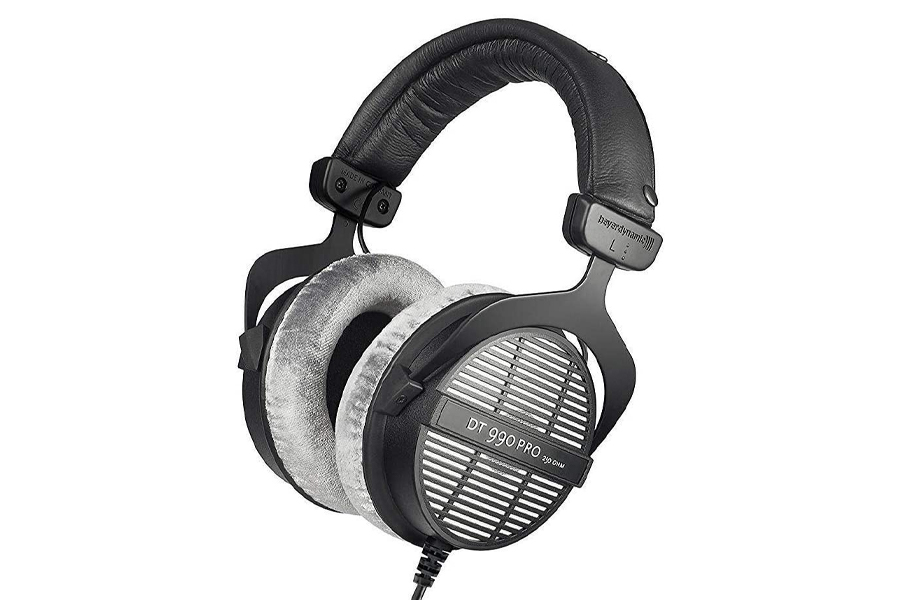
Beyerdynamic DT990 PRO
These professional quality studio headphones will allow you to pick up the slightest issues with your podcast, ensuring the show runs smoothly.
Recording an Episode
Once you’ve got all your gear together, it’s time to start recording your podcast. Here’s how to plan it out;
Intro/Outro
Like a good TV show, you need a recognisable introduction and outro. This will allow your listeners to immediately tune in and look out for what your presenting. You can create these using royalty-free audio and editing them in your chosen software. It always pays to state your name, the name of the podcast and why people should tune in.
Editing
Editing is perhaps the most daunting task of starting a podcast, but it’s not that difficult. Unlike mixing a song or soundscape, editing a podcast is generally placing audio functions on top of each other. There is rarely a time when multiple layers will be in use at the same time, so the main things to look out for are unnecessary sounds and silences, spikes in high volume and cracks in audio.
We could go into a vast amount of detail on this element of starting a podcast, but there are a wealth of editing tutorials on YoutTube that offer incredible insight.
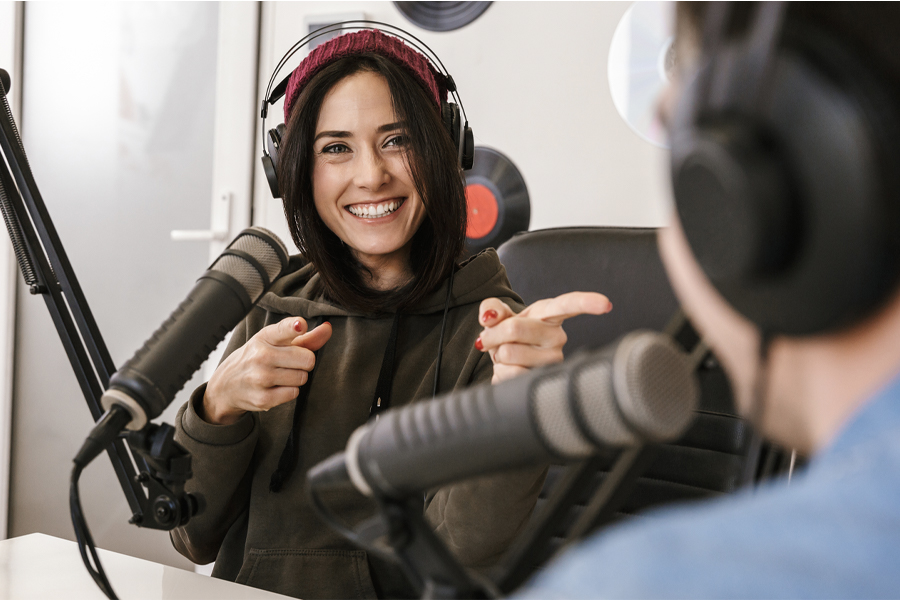
Growing Your Podcast
Once you’ve created, recorded and edited your podcast, you can start uploading it to your host or directory. From here, it’s all about growing your audience. “There is no one, right way to grow a podcast audience, and what works for one show may not work for another,” Rollo says. “You may want to look at cross-promotions with like-minded shows, interview high profile guests and tap into their network, run social media ad campaigns or use more traditional marketing techniques. That said, podcasting still relies heavily on word of mouth, so it’s important you encourage your audience to rate, subscribe and share the show with their friends.”
Another key element involved in growing your podcast is consistency. Set yourself a goal of posting on a regular schedule at the same time each week/month/fortnight.
Making Money Off Your Podcast
This is where things get interesting. We all plan on turning our podcasts into mass money-producing machines like Joe Rogan, but it’s important to remember this might not happen for quite some time, if at all. For the most part, monetising your podcast involved sponsorships and promotion, something Rollo knows a lot about.
“The main way to make money via podcasting is through advertising, and it’s an area that Acast have really lead the way in since our inception in 2014, building out new tools to ensure that the ad experience is positive for everyone – podcasters and listeners alike,” he says. “Another route is asking your audience for donations directly, something we’ve made very simple with Acast Supporter – if you have a dedicated audience who get value out of what you’re doing, you’d be surprised at how generous people can be. Ultimately, it all depends on the quality of the show and the audience you’re able to build, so everything always comes back to ensuring the podcast is the best you can make it and having a clear idea of who your audience is.”
We asked the Acast content manager for his final parting words of wisdom and he revealed the trick to getting it right. While it may be simple, it’s not always easy.
“My biggest piece of advice for anyone starting out is to commit to it 100 per cent,” he says.” That doesn’t mean the show needs to encompass your whole life, but find a schedule and format that is comfortable and be in it for the long haul. Creating a good podcast and growing an audience takes time, so you need enthusiasm for your subject and a clear vision of who you are and where you want to get to.”
You’ll also like:
How to Buy Stocks: A Guide to Investing for Beginners
A Beginner’s Guide to Meditation
General FAQs
In the early stages, the major costs involved in starting a podcast revolve around equipment. You can pick up some decent podcasting equipment for less than $500, using basic free editing software like Audacity to get started. If you choose to host your podcast through a service like YouTube, there will be no publication costs either.
Provided you have a large enough audience, you can receive income in the form of sponsorships and product mentions, however, there are a wealth of other promotional opportunities for revenue growth.
UFC commentator, actor and comedian Joe Rogan signed the richest podcast deal of all time when he secured a new partnership with Spotify, worth a reported USD$100 million.


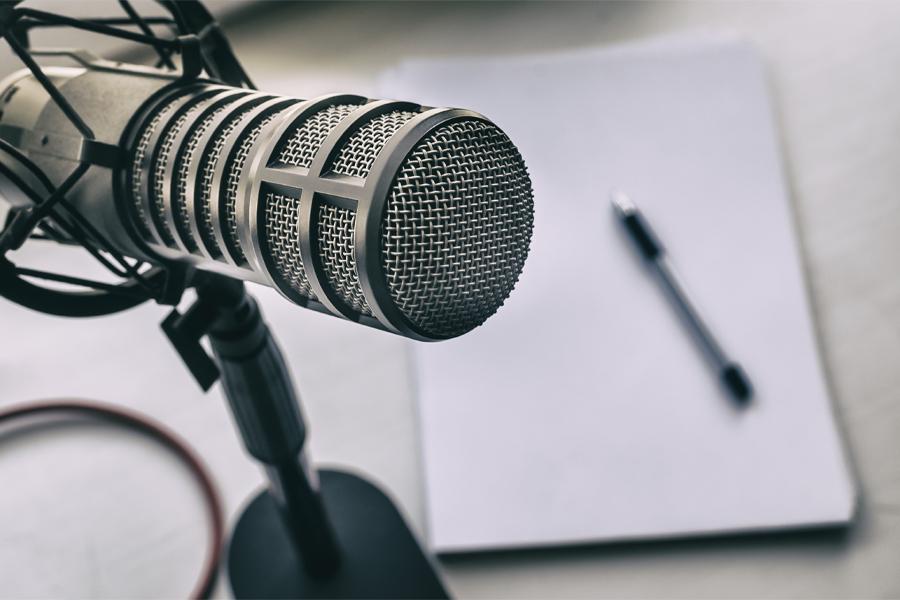

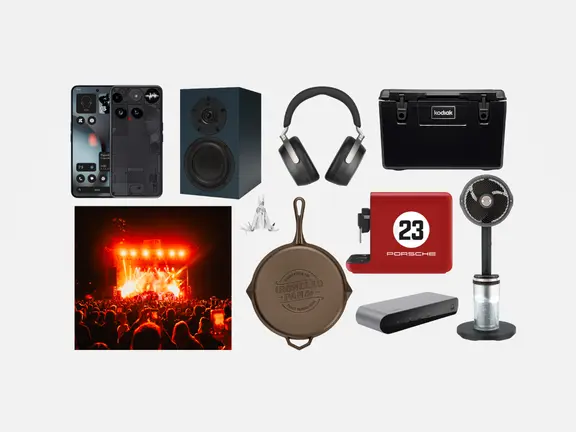

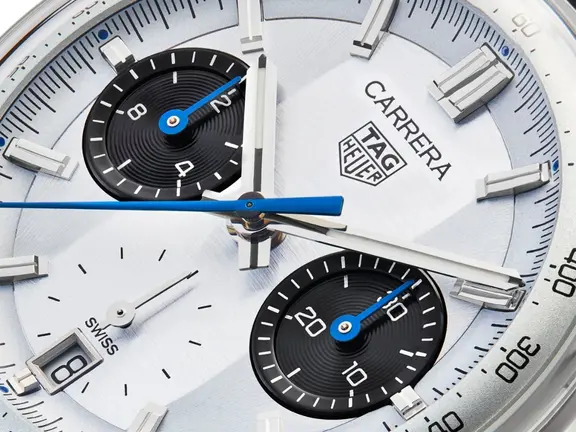

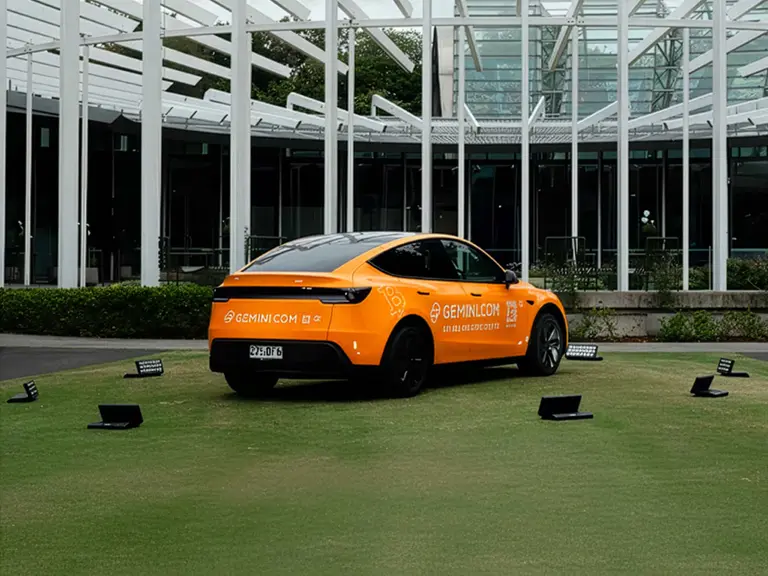
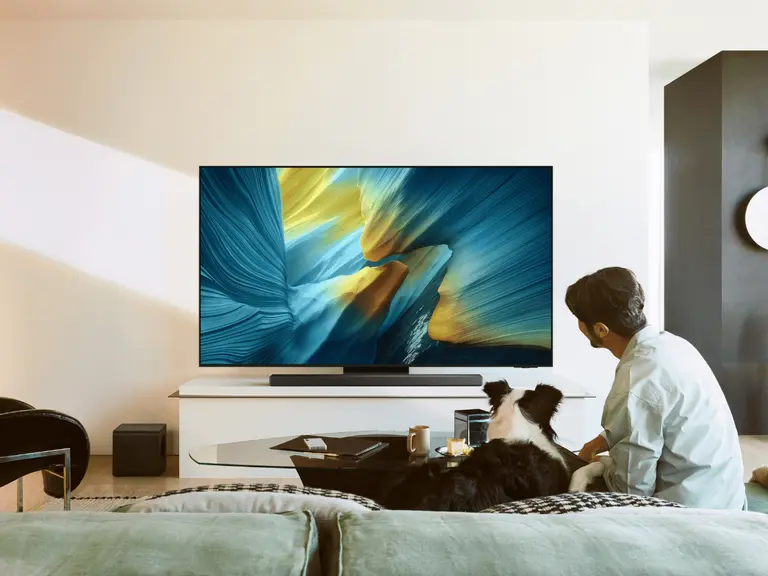
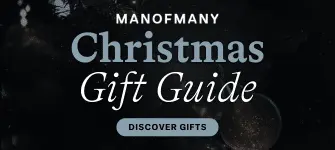

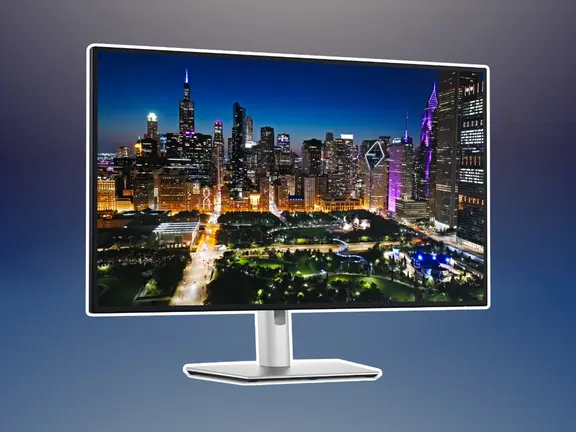

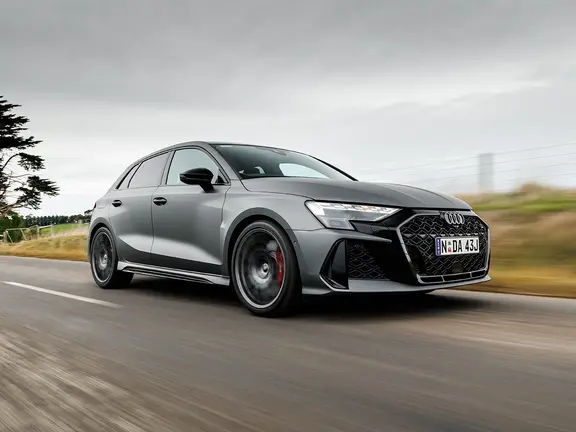
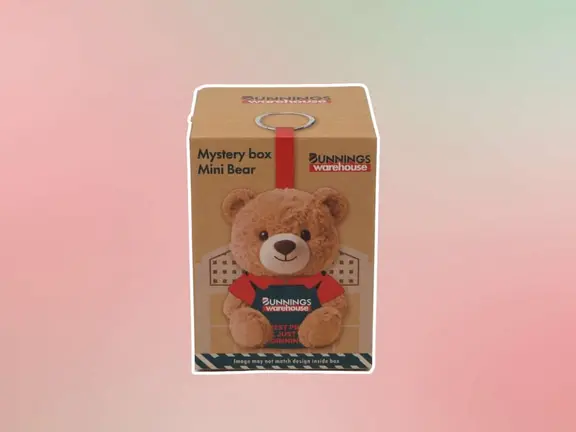
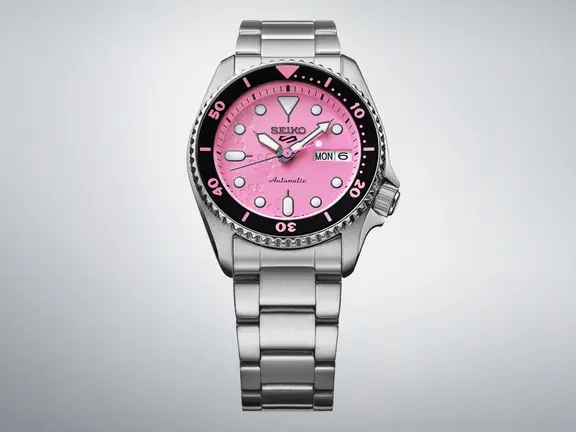

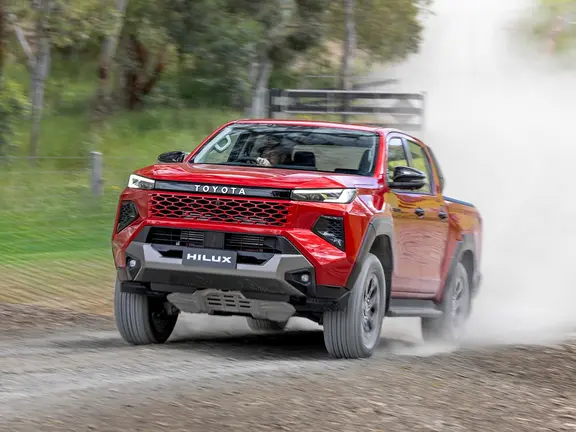

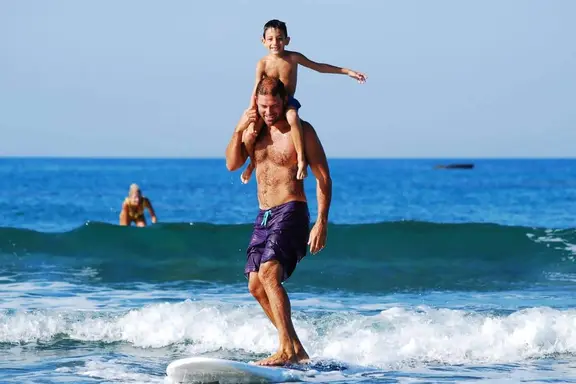



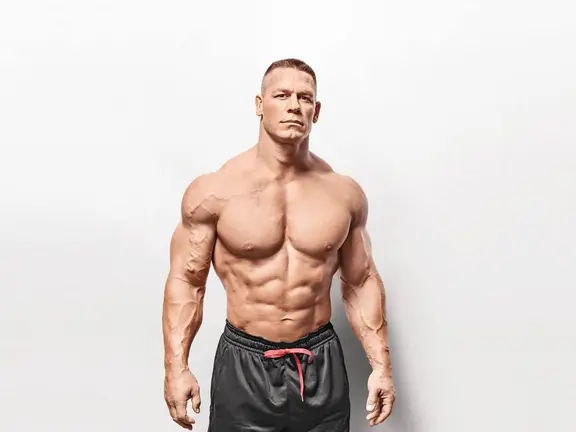


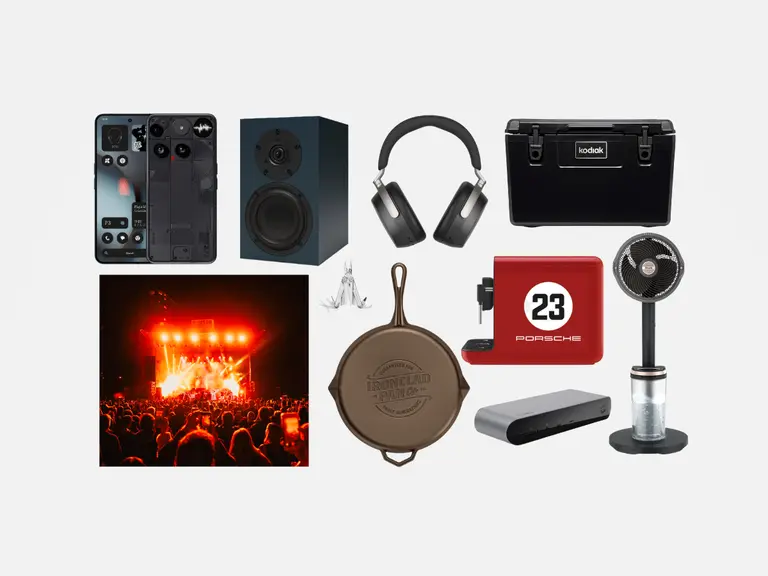






Comments
We love hearing from you. or to leave a comment.